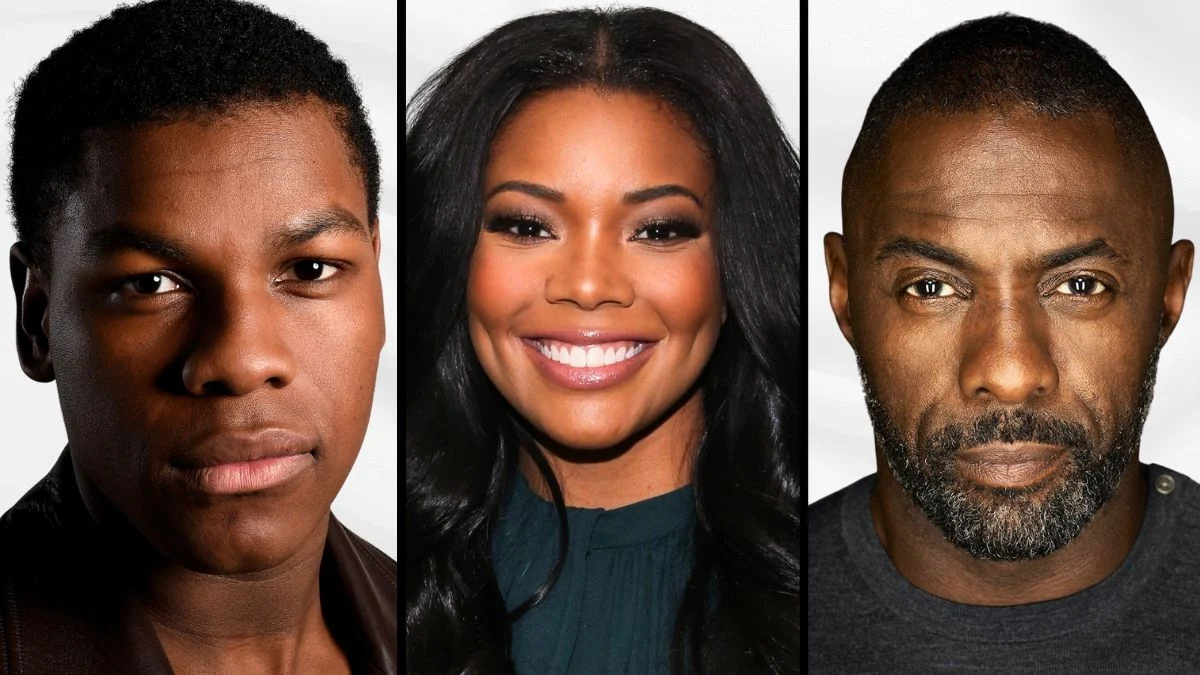
For years, the entertainment industry has faced ongoing problems with racial inequality and a lack of diverse representation. Many well-known Black actors and directors have spoken up about discrimination, highlighting issues like unfair pay and the need for more diversity among those creating films and shows. Their willingness to share their experiences is helping to encourage real improvements within studios and among industry leaders.
Viola Davis
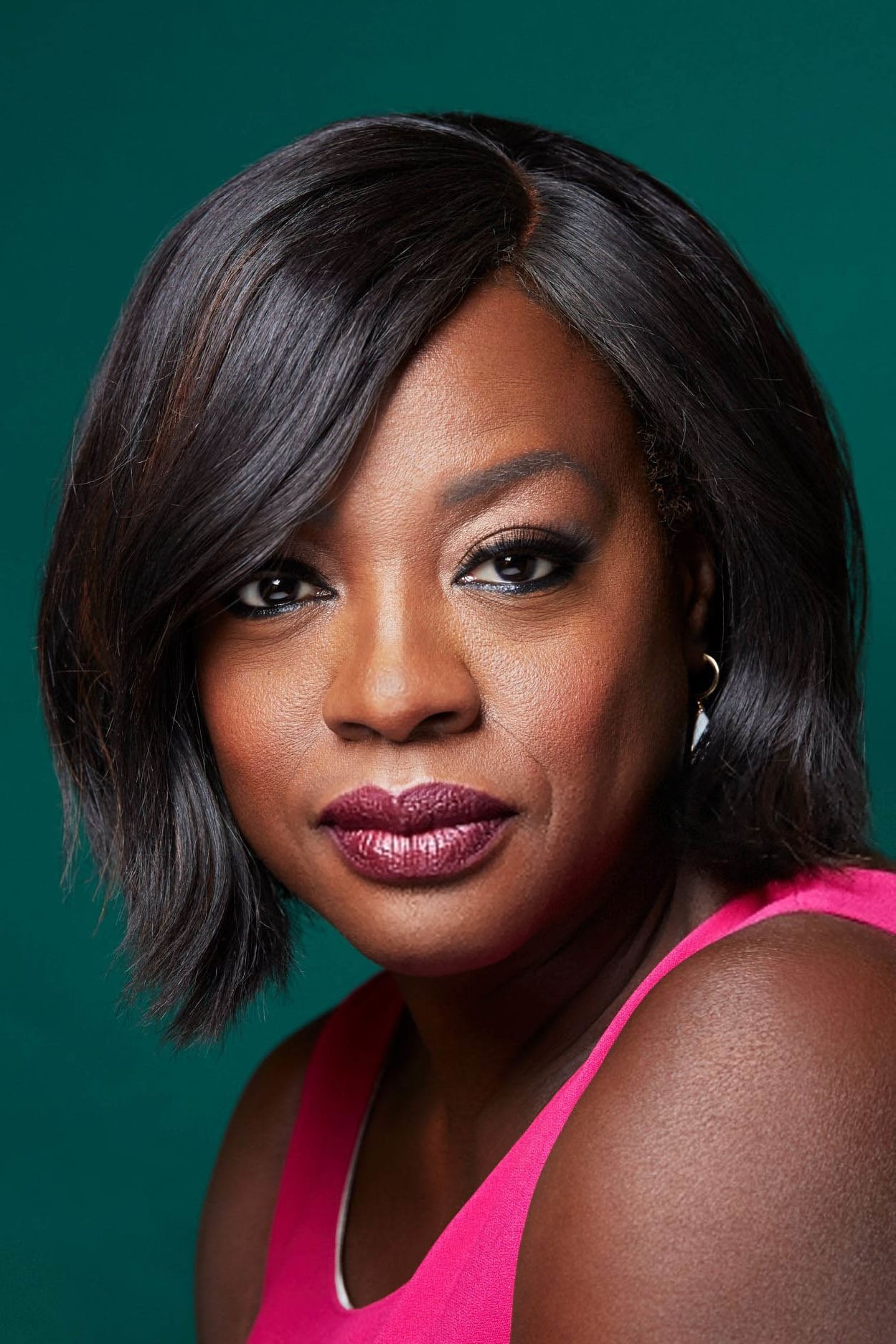
Viola Davis has repeatedly spoken about the large difference in pay between Black actresses and white actresses. She pointed out that while women of color are often held to the same standard as someone like Meryl Streep, they aren’t paid or given the same chances. Davis believes the main thing holding Black women back in the industry is a lack of opportunity. She also notes that complex and realistic roles for Black women are still hard to find in movies and television, and she continues to advocate for the industry to properly recognize and value Black talent.
John Boyega
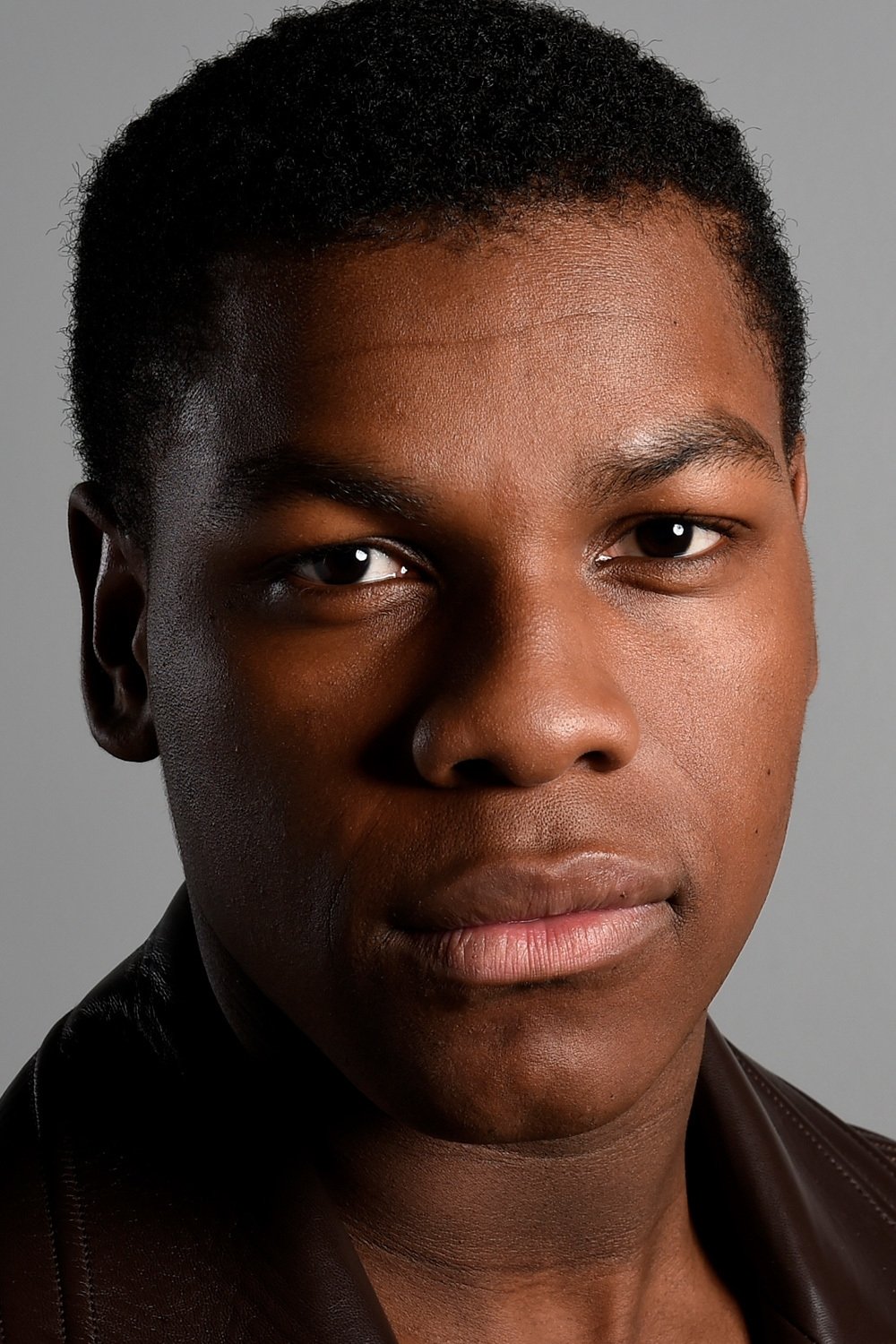
Following the end of the ‘Star Wars’ trilogy, John Boyega spoke out about how his character was handled. He felt it was promoted as important, but ultimately wasn’t a major part of the story. Boyega noted that while white characters received complex storylines, characters of color were often relegated to minor roles. He also called on studios to stand by actors of color when they are unfairly targeted by negative fan reactions, and his honesty opened up a vital discussion about superficial diversity in big-budget films.
Gabrielle Union
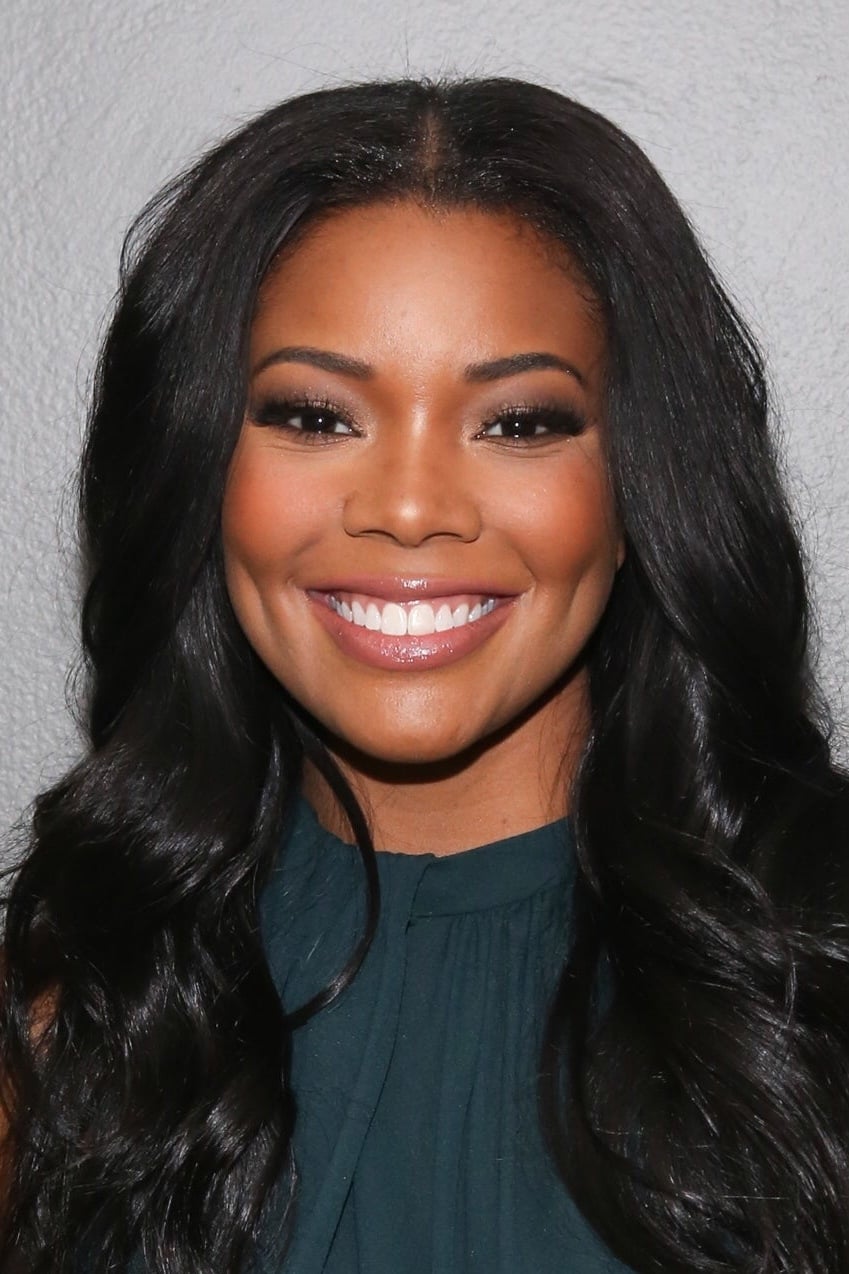
Gabrielle Union publicly shared her negative experiences while working on ‘America’s Got Talent,’ detailing instances of racism and discrimination that she says weren’t addressed by the show’s producers. She specifically mentioned unfair criticism of her appearance and racially insensitive humor that occurred during filming. Her decision to speak out prompted an investigation and shed light on the work environment at the network. Union continues to be a strong voice for creating safer and more equitable workplaces for Black women in the entertainment industry.
Idris Elba
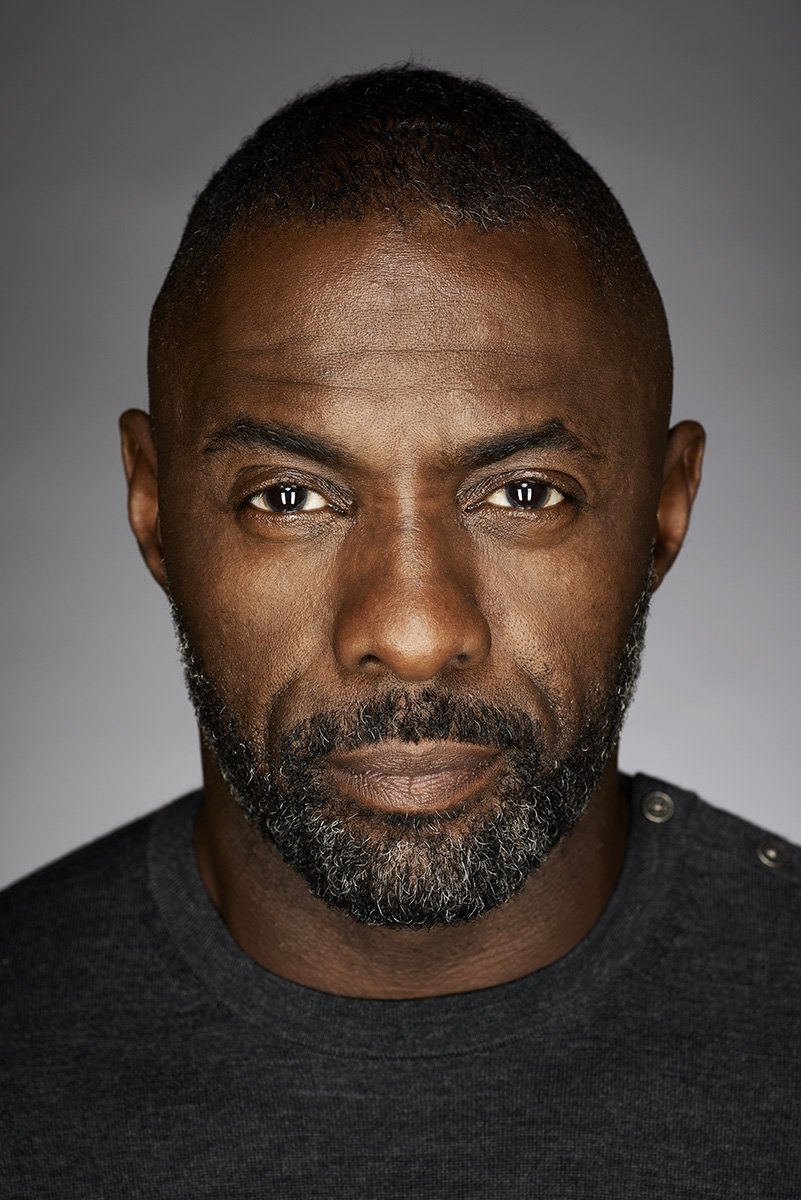
Idris Elba has talked about how casting directors sometimes struggle to envision Black actors in roles historically written for white actors. When he was considered for the role of James Bond, he received criticism, and he was frustrated that the conversation centered on his race instead of his skills as an actor. Elba has intentionally avoided labeling himself as a ‘Black actor’ because he doesn’t want to be limited by that label. He believes actors should be judged on their talent, not their skin color.
Mo’Nique
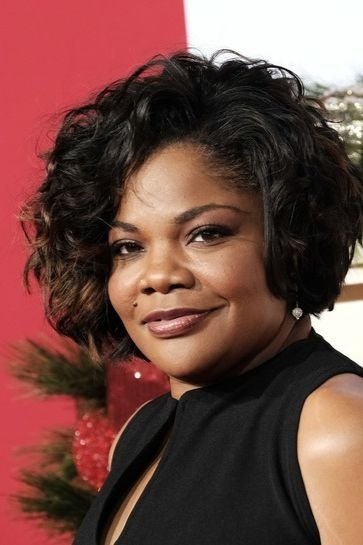
Mo’Nique has strongly fought for equal pay in the entertainment industry and hasn’t been afraid to call out those she believes treated her unfairly, even claiming they tried to damage her career. She urged people to stop using Netflix after they offered her a low payment for a comedy special, especially compared to what white and male comedians were earning. Mo’Nique felt her experience and achievements deserved better compensation, which Netflix wouldn’t offer. She’s said that standing up for herself was important to help other Black entertainers get fair treatment in the future. Her legal issues brought attention to the way established Black artists are often undervalued.
Michael B. Jordan
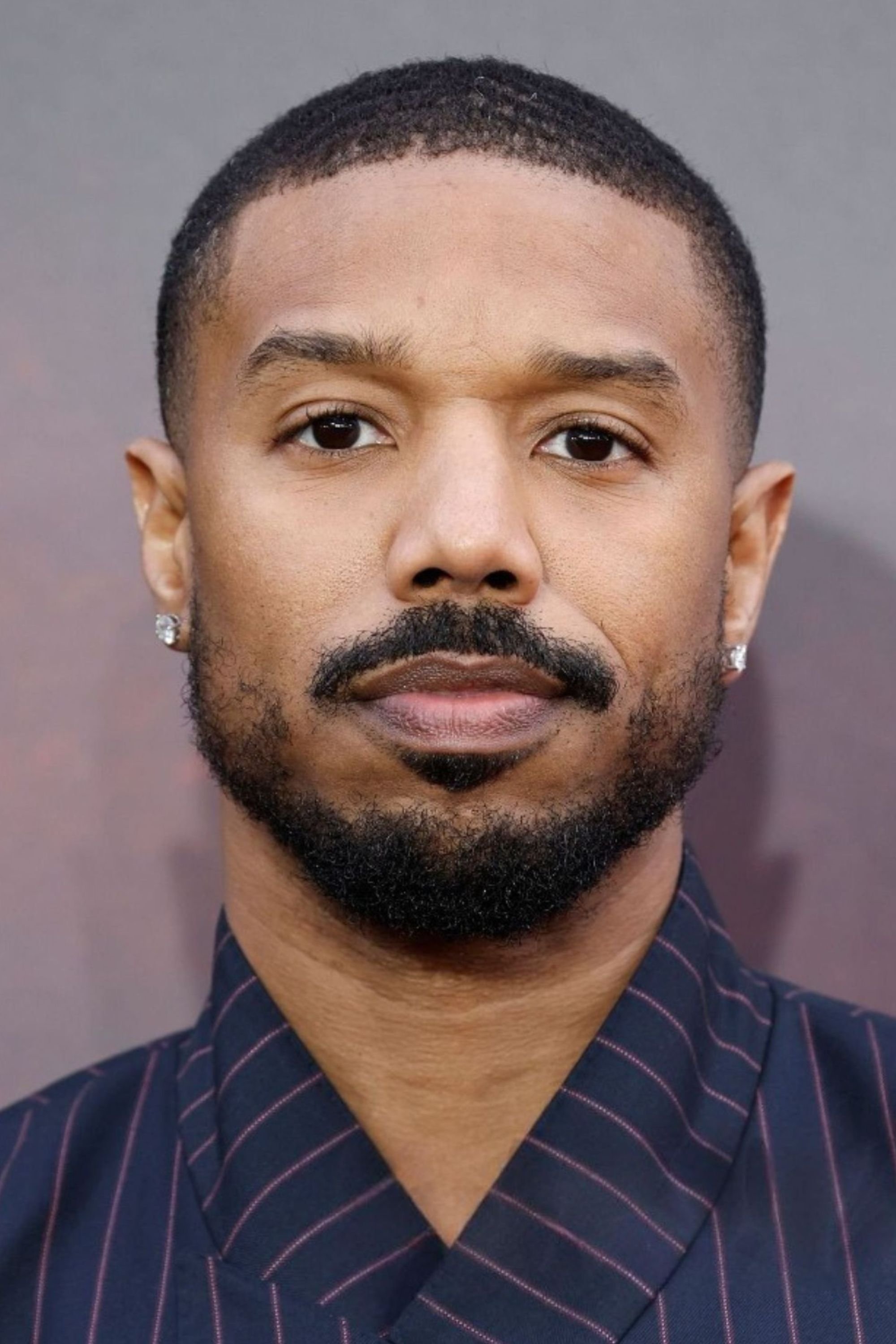
Michael B. Jordan is championing greater diversity in Hollywood. He’s committed to using an ‘inclusion rider’ – a policy requiring diverse hiring for actors and crew – with his production company on all future projects. Jordan believes real progress means taking concrete actions, not just talking about diversity. He’s actively creating opportunities for Black talent and is encouraging other industry leaders to do the same.
Spike Lee
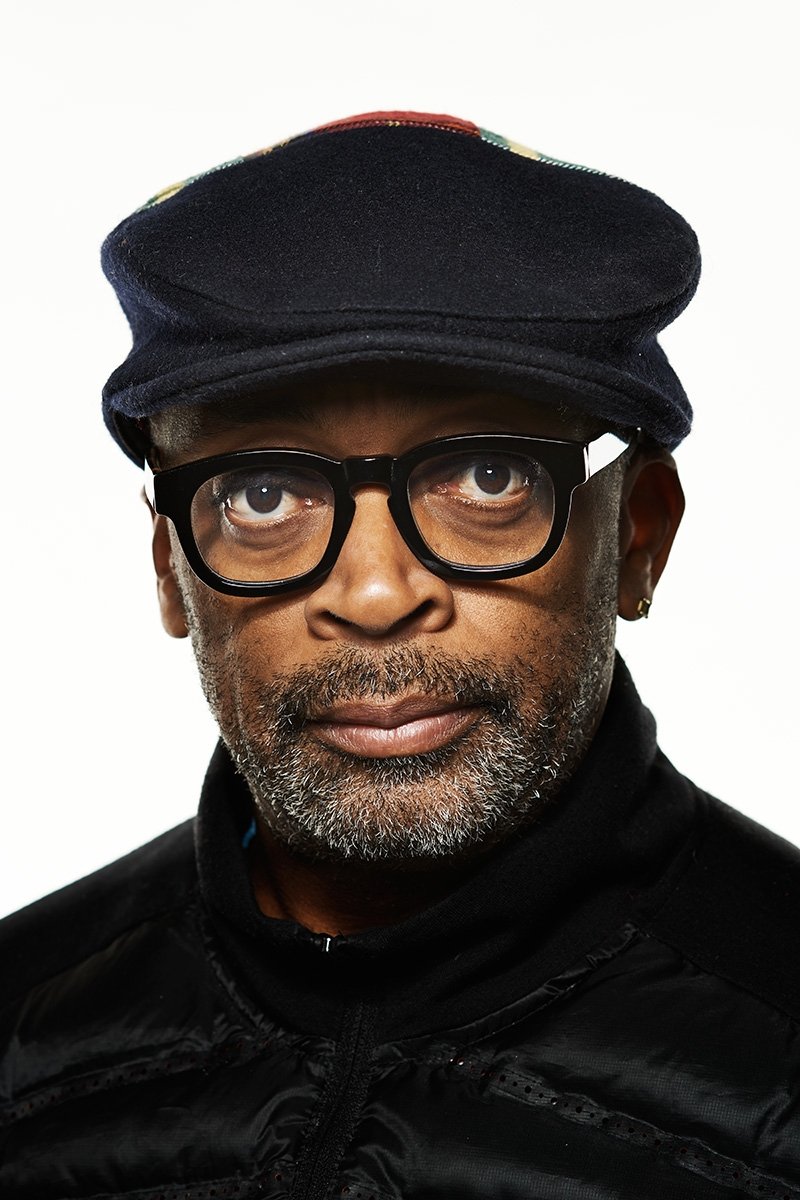
For decades, Spike Lee has been a leading voice calling out Hollywood‘s lack of diversity, both in who gets to vote for awards and in positions of power. He famously protested the #OscarsSoWhite controversy by not attending the ceremony. Lee has often noted that it’s difficult for Black-led films to get made unless they fit into tired tropes or rely on stories about white people saving the day. He believes real change will only happen when the people in charge of making movies change, and he’s a strong advocate for Black filmmakers owning their stories and having creative control.
Taraji P. Henson
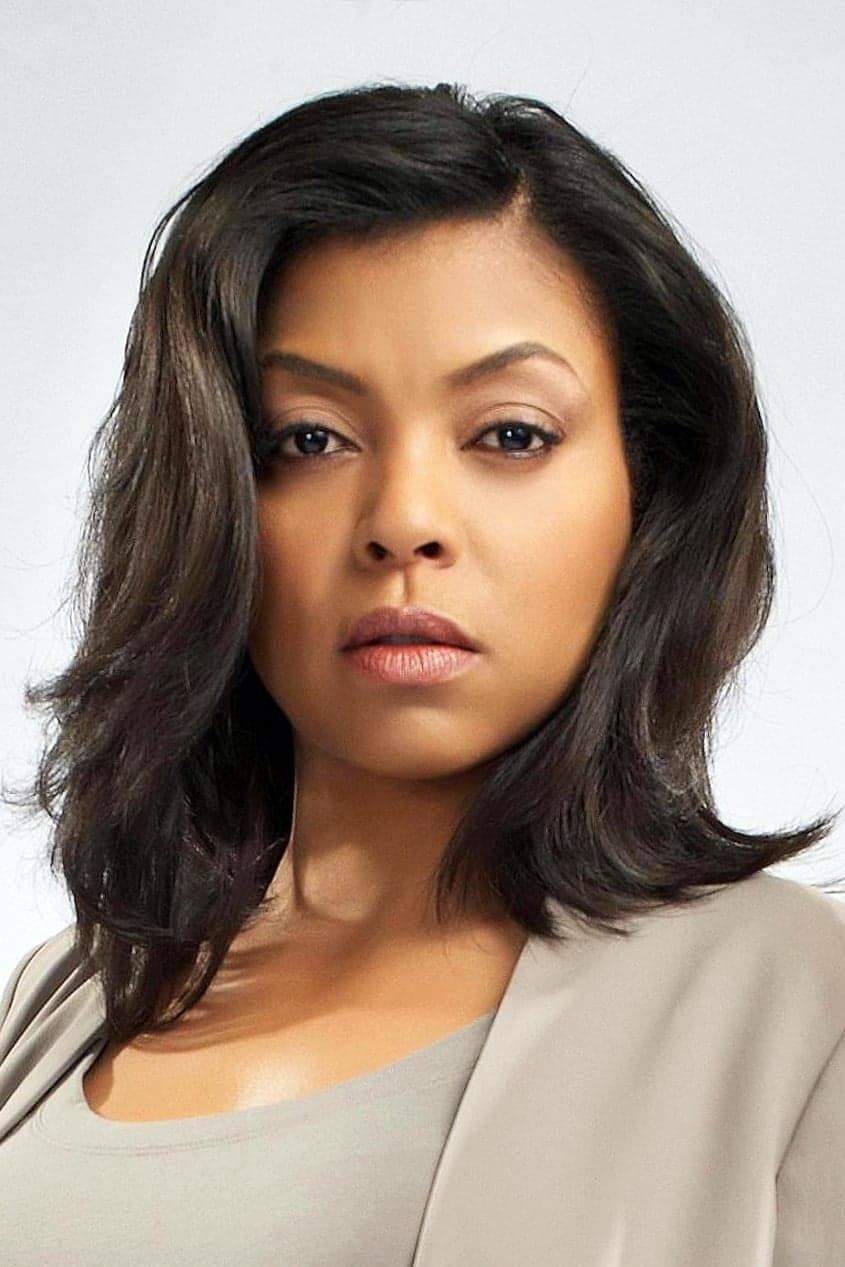
Taraji P. Henson recently shared the difficult truth about unequal pay in Hollywood, recounting her experience on the film ‘The Curious Case of Benjamin Button.’ She explained that despite having a significant role, she was offered a much lower salary than she deserved. Henson felt pressured to accept the low offer to avoid damaging her career and prove her value as an actress. She pointed out that this situation is unfortunately common for Black women in the industry, even when they give outstanding performances. Her openness highlights the ongoing financial challenges faced by even successful actors.
Anthony Mackie
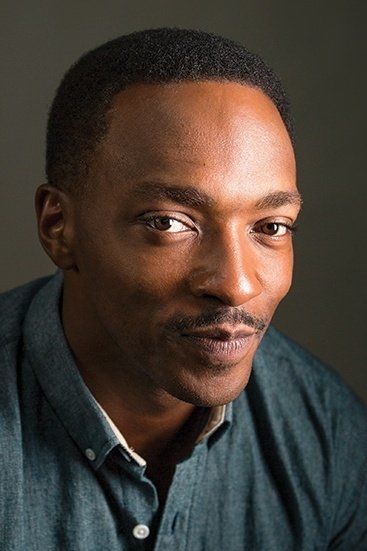
In a recent interview, Anthony Mackie spoke out about a lack of diversity among the crews working on Marvel films. He noted that while the movie ‘Black Panther’ had a predominantly Black crew, most of the other Marvel projects he’s been involved with were made up mostly of white crew members. Mackie expressed concern that this suggests Black people are only considered for projects specifically about Black stories. He urged studios to simply hire the most qualified person for each role, regardless of their race, on all films, emphasizing the importance of having diverse representation both on and behind the camera.
Thandiwe Newton

Thandiwe Newton has bravely shared her experiences with sexual abuse and racism early in her acting career. She nearly stopped acting because of the limited, stereotypical roles offered and the disrespectful way she was treated. Newton was upset that her character was killed off in ‘Solo: A Star Wars Story,’ feeling it undermined the importance of having diverse representation. As a way to reclaim who she is, she’s gone back to using her birth name and embracing her heritage, pushing back against an industry that tried to diminish her identity. Now, she’s dedicated to protecting young actors from the kinds of harmful experiences she went through.
Will Smith
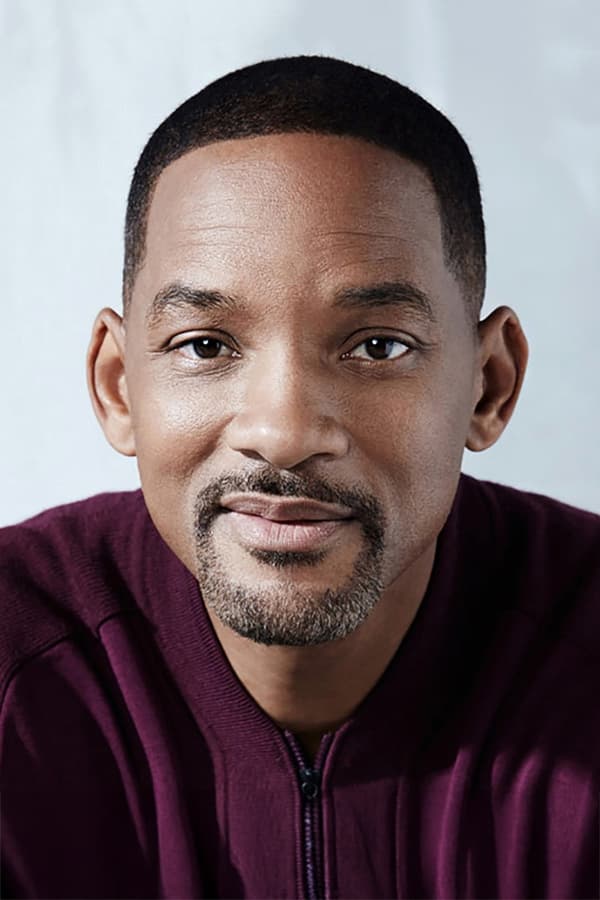
Will Smith participated in the #OscarsSoWhite boycott to protest the lack of diversity in the Academy Award nominations. He felt the nominees didn’t accurately represent the country’s diverse population and argued the film industry was heading in the wrong direction. Smith believed that simply accepting the status quo meant supporting the problem, and that the issue went beyond just winning awards – it was about which stories the industry valued. His involvement put pressure on the Academy to become more diverse in its membership.
Halle Berry
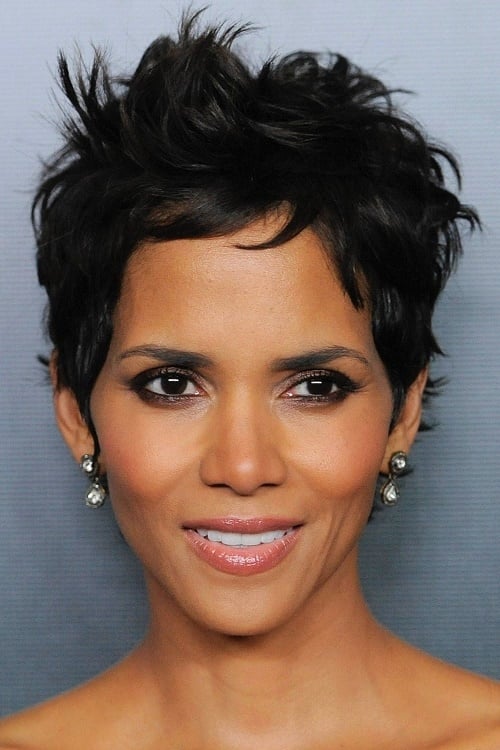
Halle Berry has voiced her disappointment that winning an Oscar didn’t lead to more opportunities for Black actresses, as she’d expected. She’s said her historic win felt empty because it took decades for another Black woman to win the Best Actress award. Despite breaking barriers herself, Berry points out that women of color still face challenges finding substantial roles. She’s questioned whether the industry truly progresses when recognition doesn’t lead to lasting change, and her honesty revealed the loneliness often experienced by those who pioneer new paths.
Ray Fisher
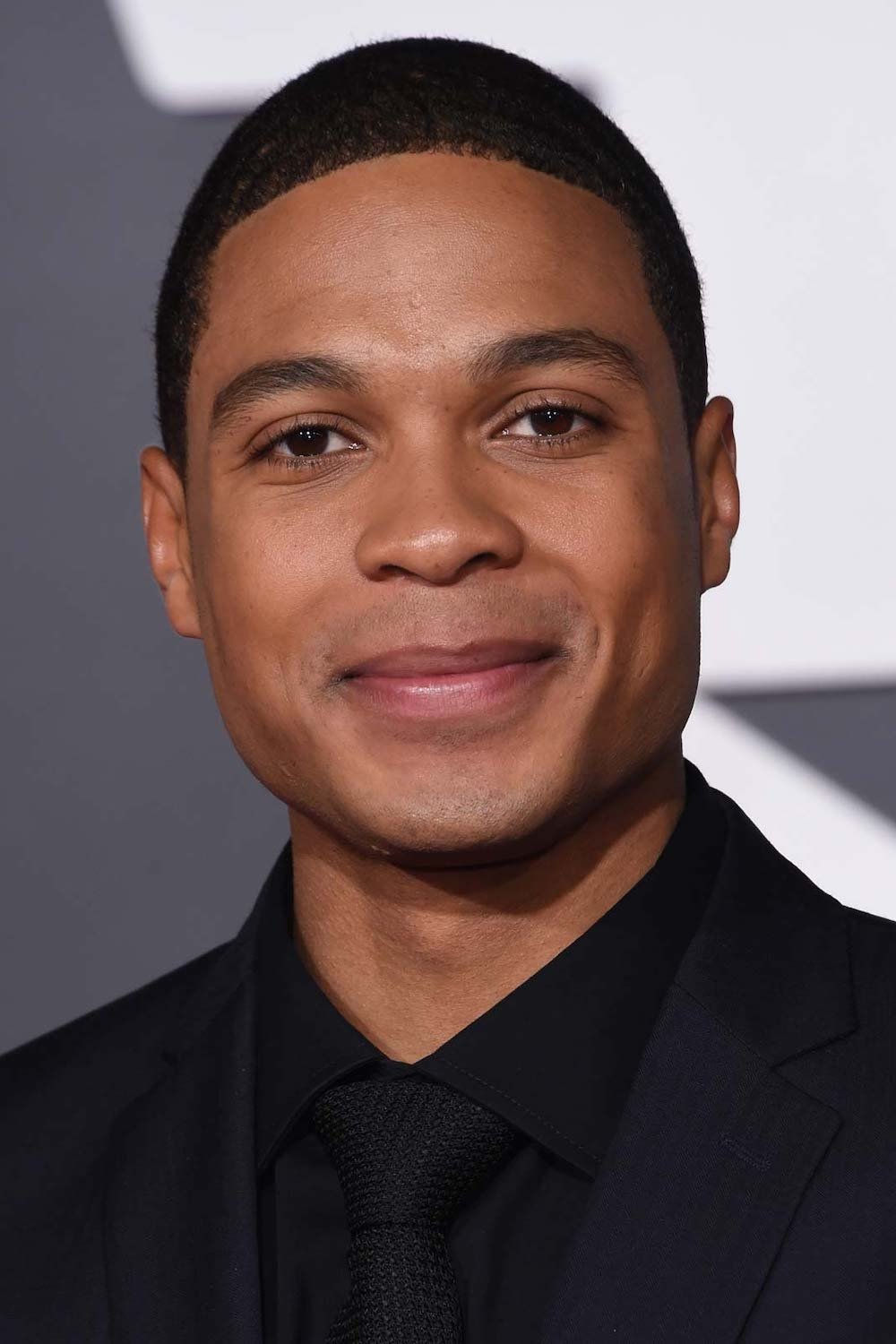
Ray Fisher publicly accused director Joss Whedon of mistreating people on the set of ‘Justice League’. He also claimed that studio leaders allowed this behavior to continue and then tried to block an investigation. Fisher believes race influenced how the investigation was conducted and led to the removal of characters of color from the film. He risked his career to reveal what he saw as harmful leadership within the studio. His continued push for someone to be held responsible led to a large internal review of the company’s practices.
Lupita Nyong’o
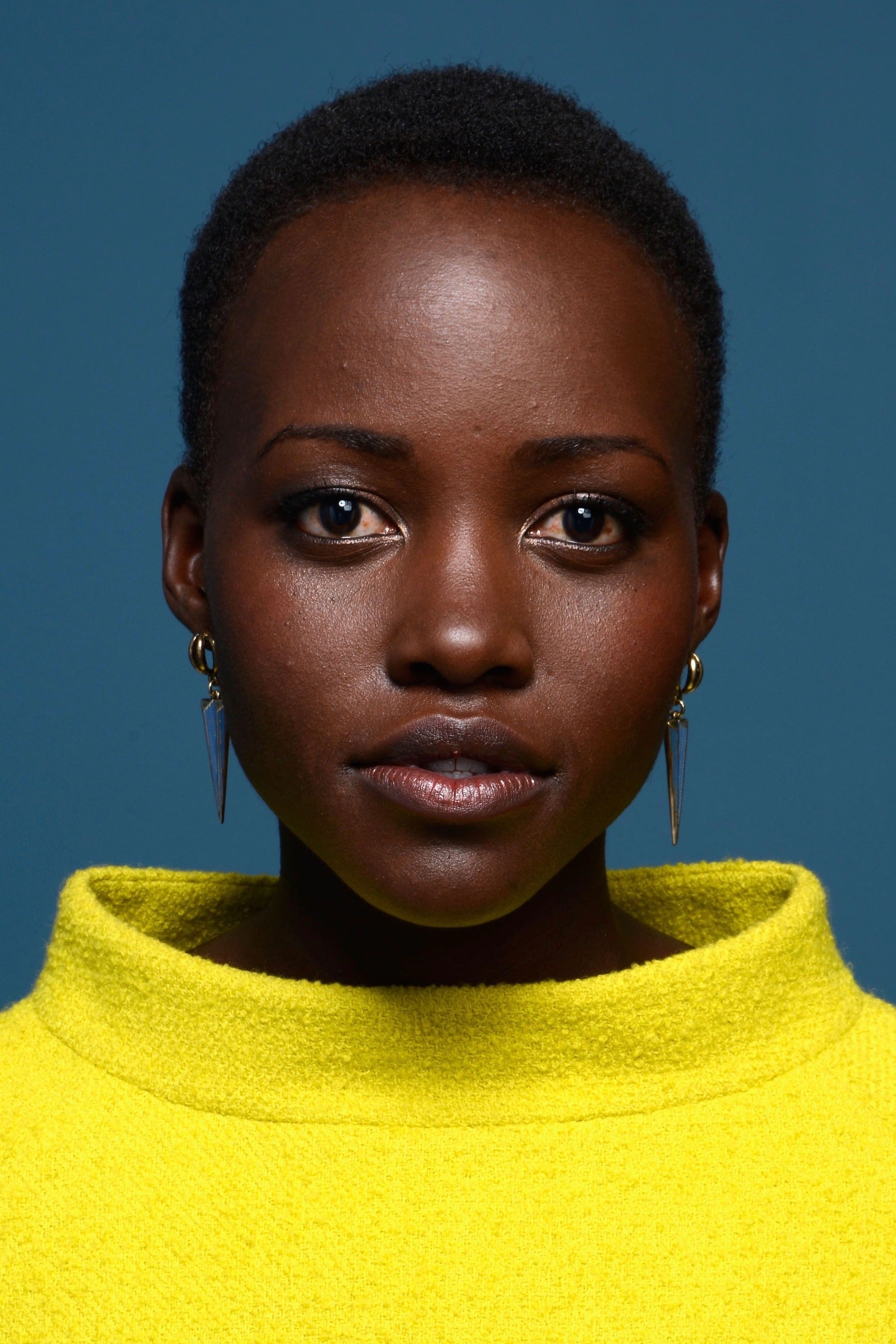
Lupita Nyong’o has spoken out against colorism and the way Hollywood often favors European beauty standards. She has shared that she used to wish she had lighter skin, but seeing people who looked like her helped her embrace her own beauty. Nyong’o was upset when a magazine altered a photo of her, changing her hair to fit a more Western look without asking. Now, she uses her voice to encourage young girls to love their natural skin and hair, and she’s pushing the entertainment industry to accept a wider range of beauty.
Tyler Perry
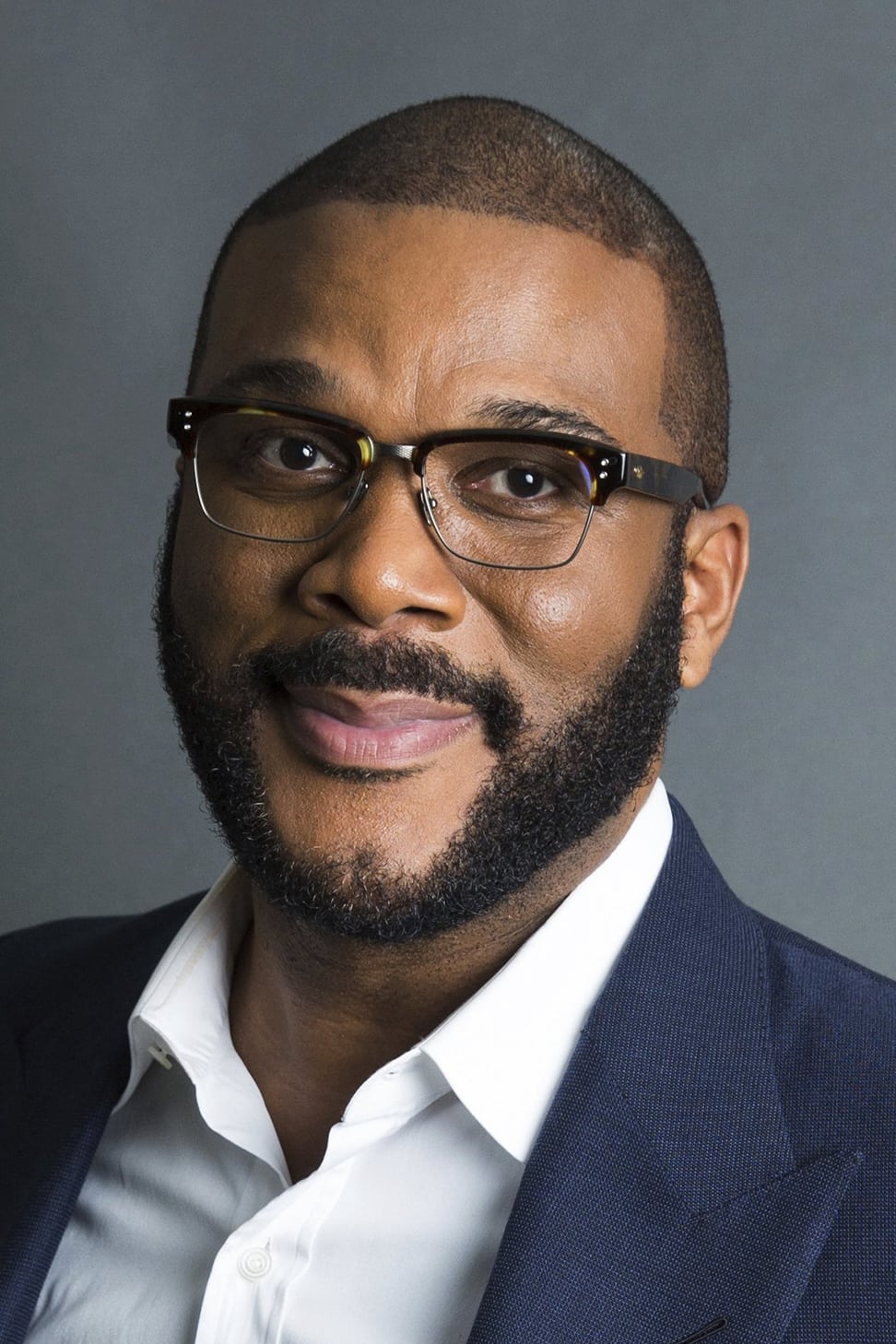
As a film fan, I’ve always been fascinated by Tyler Perry’s story. He’s talked a lot about how Hollywood initially didn’t get him – the studio heads just didn’t understand his audience or what he was trying to do. Instead of waiting for someone to give him a chance, he decided to build his own studio from the ground up! He’s always stressed that true creative freedom, especially for Black creators, comes from owning your work. And honestly, his success proves all those doubters in the industry wrong – it shows there’s a huge appetite for Black stories when they’re given a platform.
Jamie Foxx
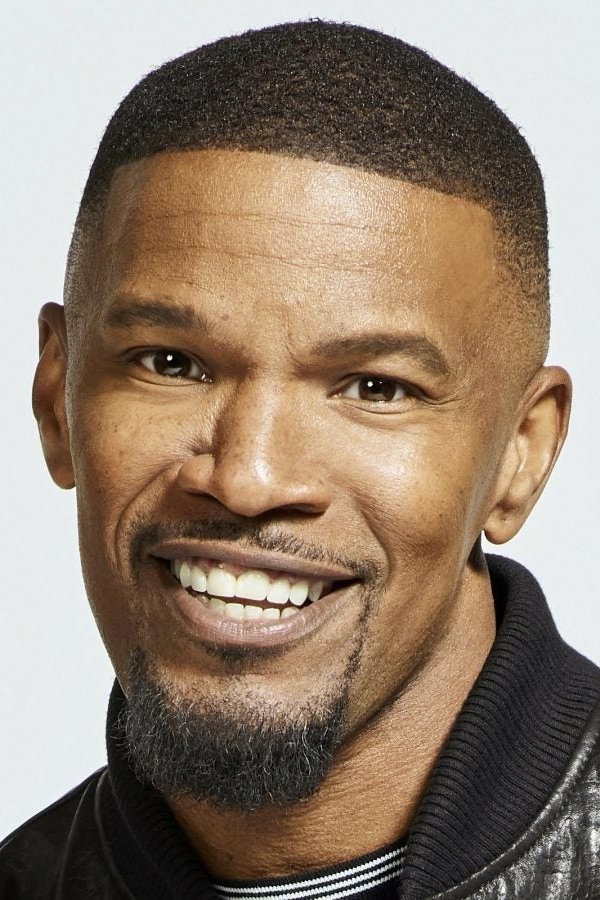
Jamie Foxx recently discussed the lack of diverse roles for Black actors in Hollywood. He expressed frustration that the industry often praises Black actors only when they portray stereotypical or supporting characters. Foxx believes true creative freedom for actors of color means being able to play any role, regardless of race. He’s calling for more varied stories that move beyond focusing solely on hardship and stereotypes, highlighting how the industry tends to limit opportunities for minority actors.
Octavia Spencer
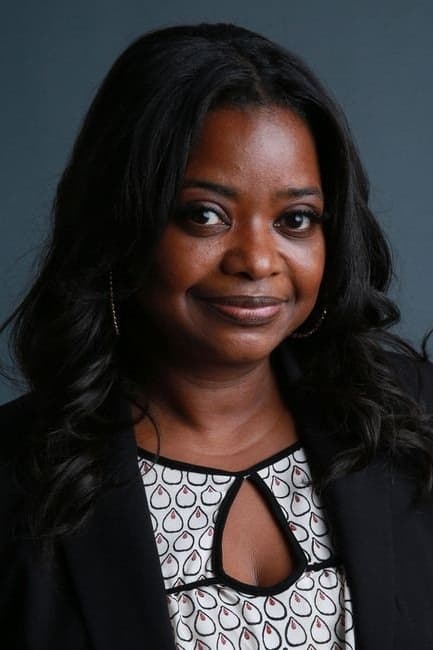
Octavia Spencer shared how she and Jessica Chastain worked together to get paid the same amount for a project. She explained that women of color often earn significantly less than white women, who already earn less than men. Spencer praised Chastain for supporting her in their fight for equal pay, highlighting how important it is for allies to stand together against unfair wage practices. Spencer continues to push for openness and honesty when discussing salaries.
David Oyelowo
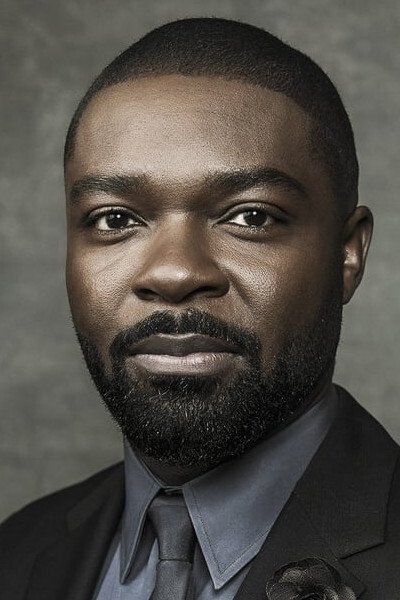
David Oyelowo was upset that ‘Selma’ didn’t receive major nominations for acting or directing at the Academy Awards. He believes the film was overlooked partly because the cast and crew protested the death of Eric Garner during the premiere. Oyelowo felt the Academy valued avoiding discomfort over recognizing important and timely films. He pointed out that movies about Black history and resistance often have a harder time getting recognized. His comments showed how politics and awards in Hollywood are connected.
Tessa Thompson
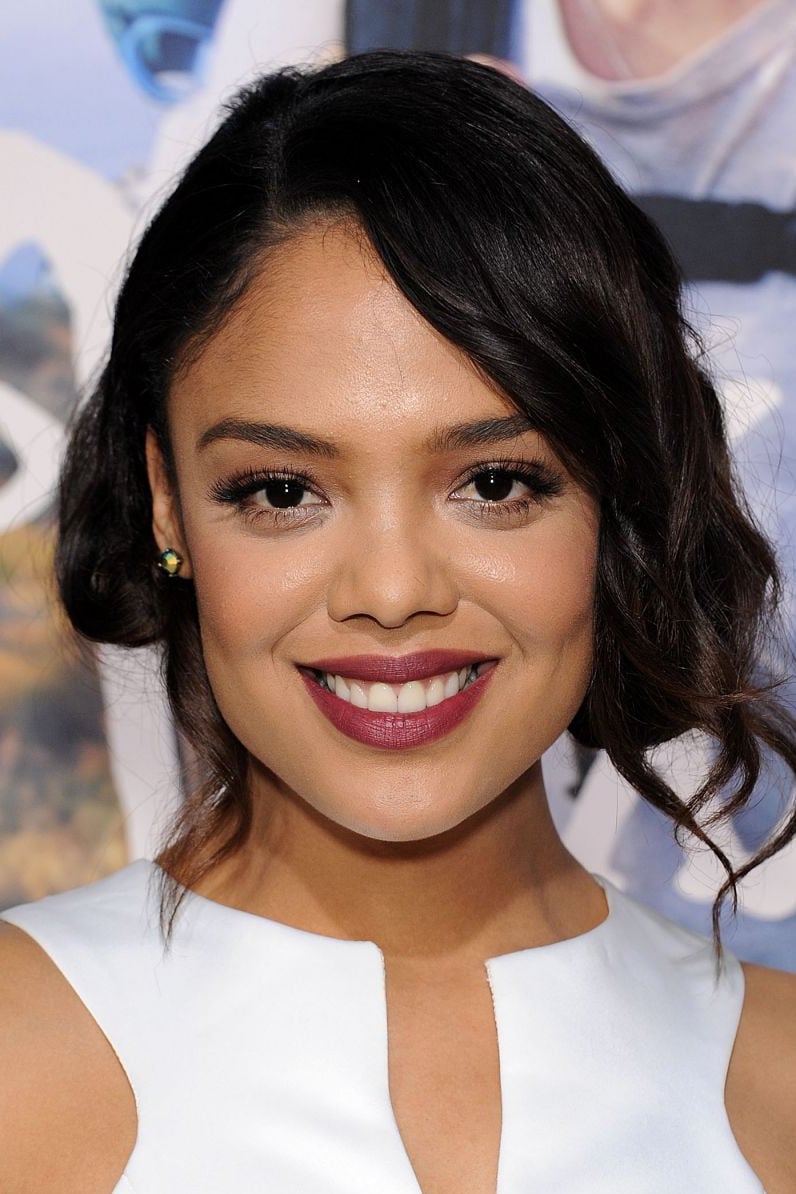
Tessa Thompson was one of the first members of the Time’s Up movement and strongly encouraged it to consider the unique challenges faced by women of color. She believes that efforts to stop harassment must include the perspectives of those who are most at risk. Thompson has also asked the media to focus on her work, not just her race, when interviewing her. She’s a passionate advocate for an entertainment industry that portrays women of color as complex and complete individuals, ensuring that the fight for equality in Hollywood includes everyone.
Amandla Stenberg
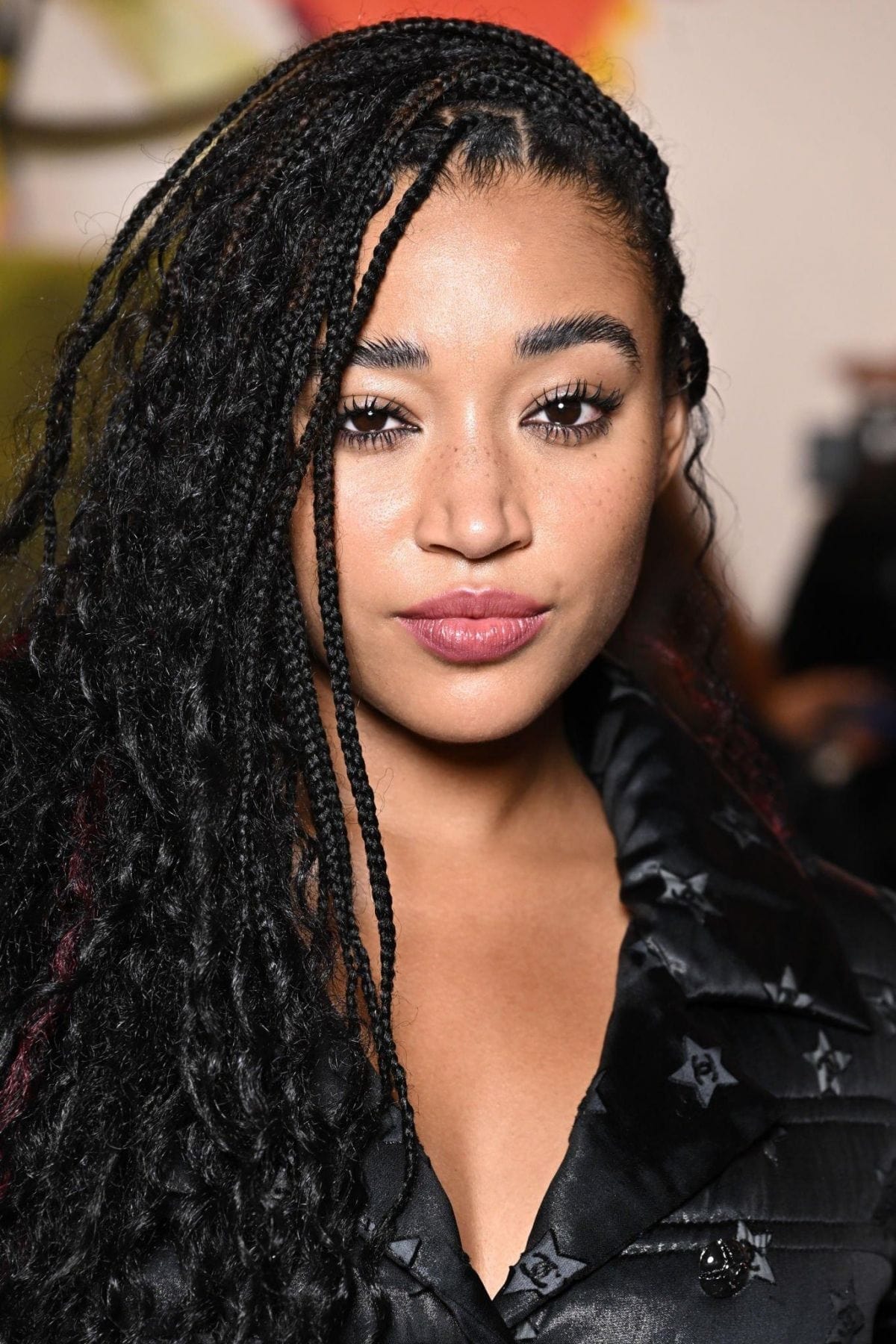
When Amandla Stenberg was cast as Rue in ‘The Hunger Games’, she received racist criticism. She handled it with grace, explaining that the anger came from people believing the characters were meant to be white. Since then, Stenberg has been vocal about cultural appropriation and how Black culture is often misused in popular media. She’s committed to avoiding roles that reinforce negative stereotypes about Black women. Her thoughtful and clear explanations of her experiences have made her an inspiration to Generation Z.
Nicole Beharie
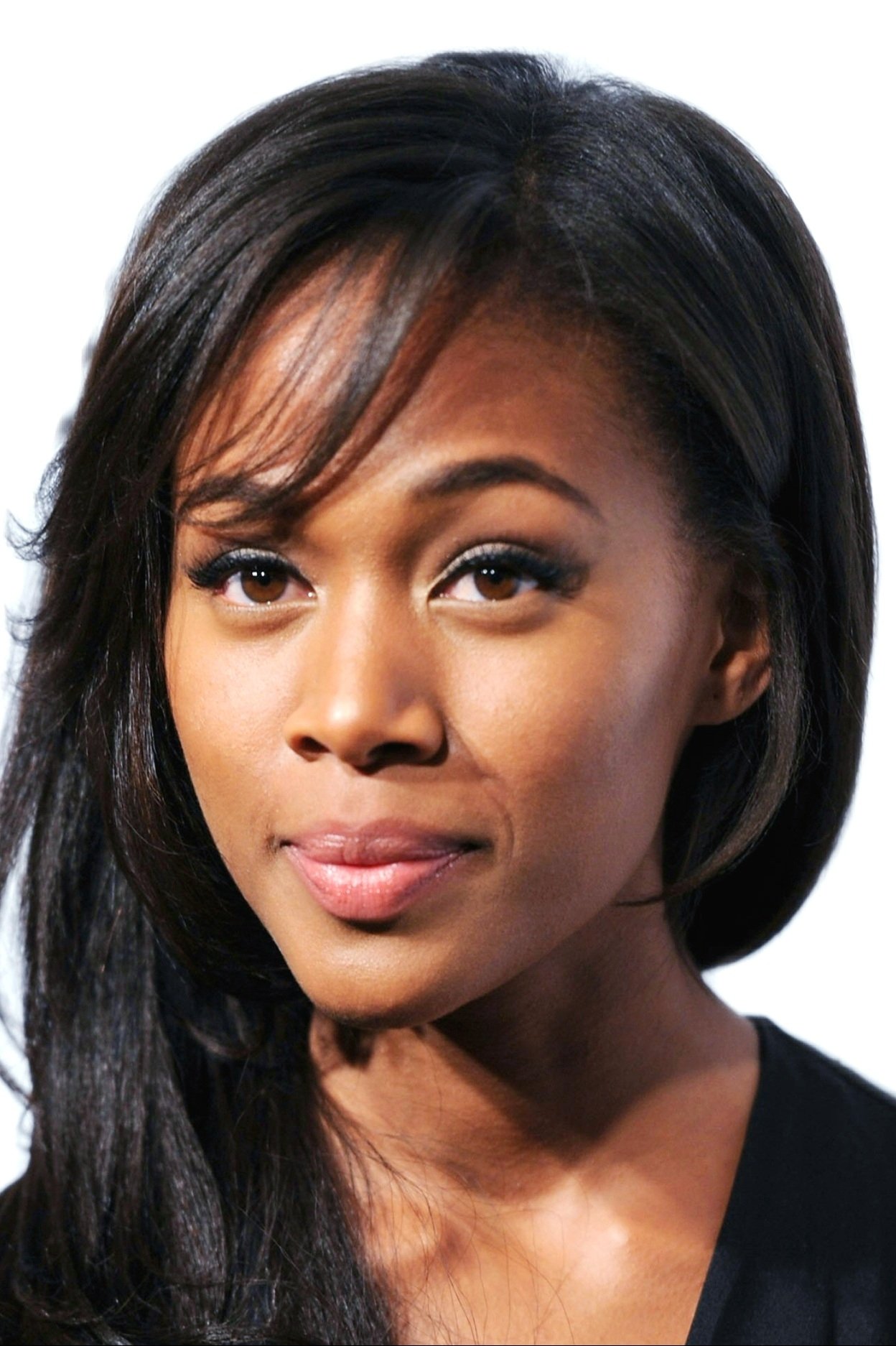
Nicole Beharie shared her experience of facing repercussions after asking for help with a health issue while filming ‘Sleepy Hollow’. She explained that her character was removed from the show and she was effectively shut out of work for several years. Beharie pointed out the contrast between how she was treated – seen as a problem – and the support given to her white colleagues. She emphasized that the health concerns of Black women are often ignored or used against them. Her successful return to acting represents a triumph over an industry that attempted to silence her.
Jordan Peele
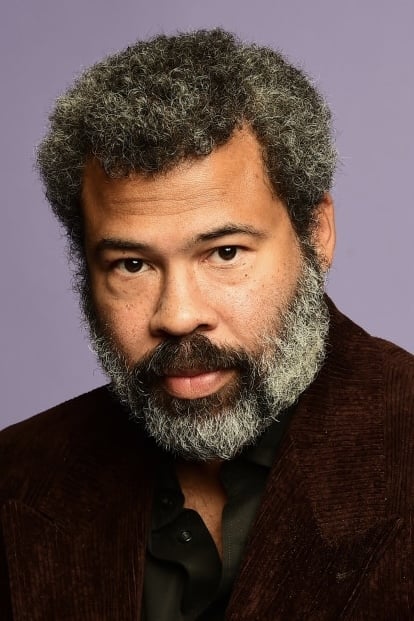
Jordan Peele has said he won’t cast white men as leads in his films, explaining that he wants to give Black actors the chance to be the heroes, especially in genres where they’ve historically been side characters or the first to be killed off. He sees this as a way to balance the long-standing tradition of white actors playing the main roles and believes Black audiences deserve to see themselves as the central figures in stories, particularly in horror and science fiction. Peele’s own success demonstrates that casting diverse actors doesn’t negatively impact a film’s financial performance.
Zendaya

Zendaya has spoken openly about the advantages she’s had as a lighter-skinned Black woman in Hollywood. She recognizes that the industry often favors her appearance and that colorism – bias based on skin tone – impacts who gets cast. Zendaya is committed to using her platform to help create opportunities for Black women with darker skin tones. She believes that real diversity means representing all shades of Blackness and doesn’t want to be seen as the only face of diversity when others are left out.
Djimon Hounsou
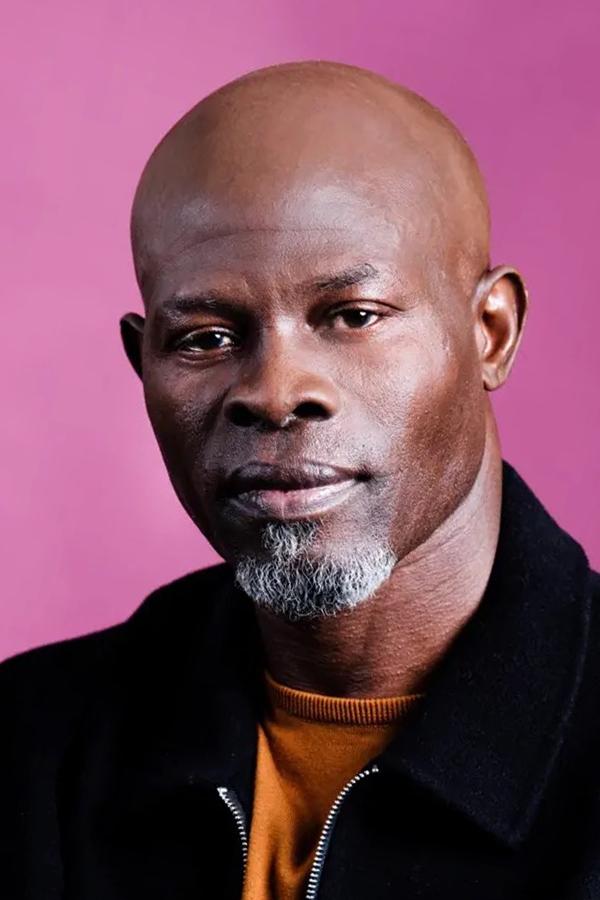
Djimon Hounsou has expressed his disappointment with the ongoing pay gap he experiences as an actor, despite a successful career and multiple Academy Award nominations. He feels he consistently has to fight to be paid fairly compared to his American and white colleagues, and believes studios often underestimate his value due to his African heritage. Hounsou emphasized how hard it is to build a lasting career when critical acclaim doesn’t lead to financial security, revealing a broader issue of racial bias within the Hollywood system.
Regina King
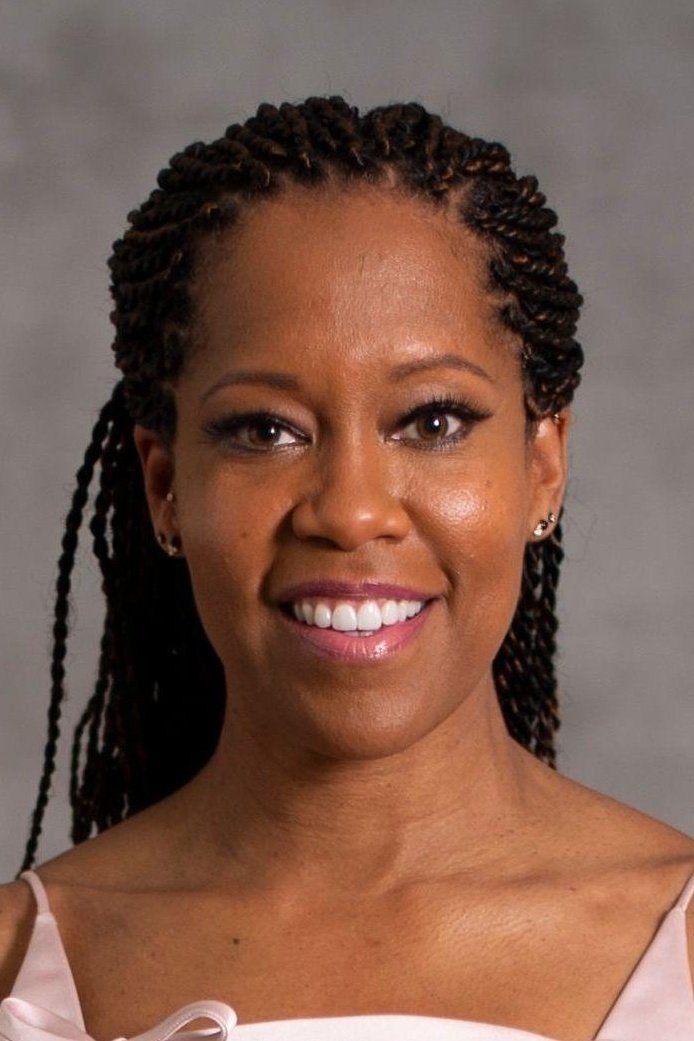
Regina King is committed to having women comprise at least half of the creative teams on all her future projects. She’s urging industry leaders to follow through with real action, not just talk, when it comes to diversity. King has openly discussed the challenges she faced trying to become a director as a Black woman, even with a successful acting career. She believes the entertainment industry needs to proactively build opportunities for creators from underrepresented groups, and her own work shows her commitment to creating a more equitable environment.
Ava DuVernay
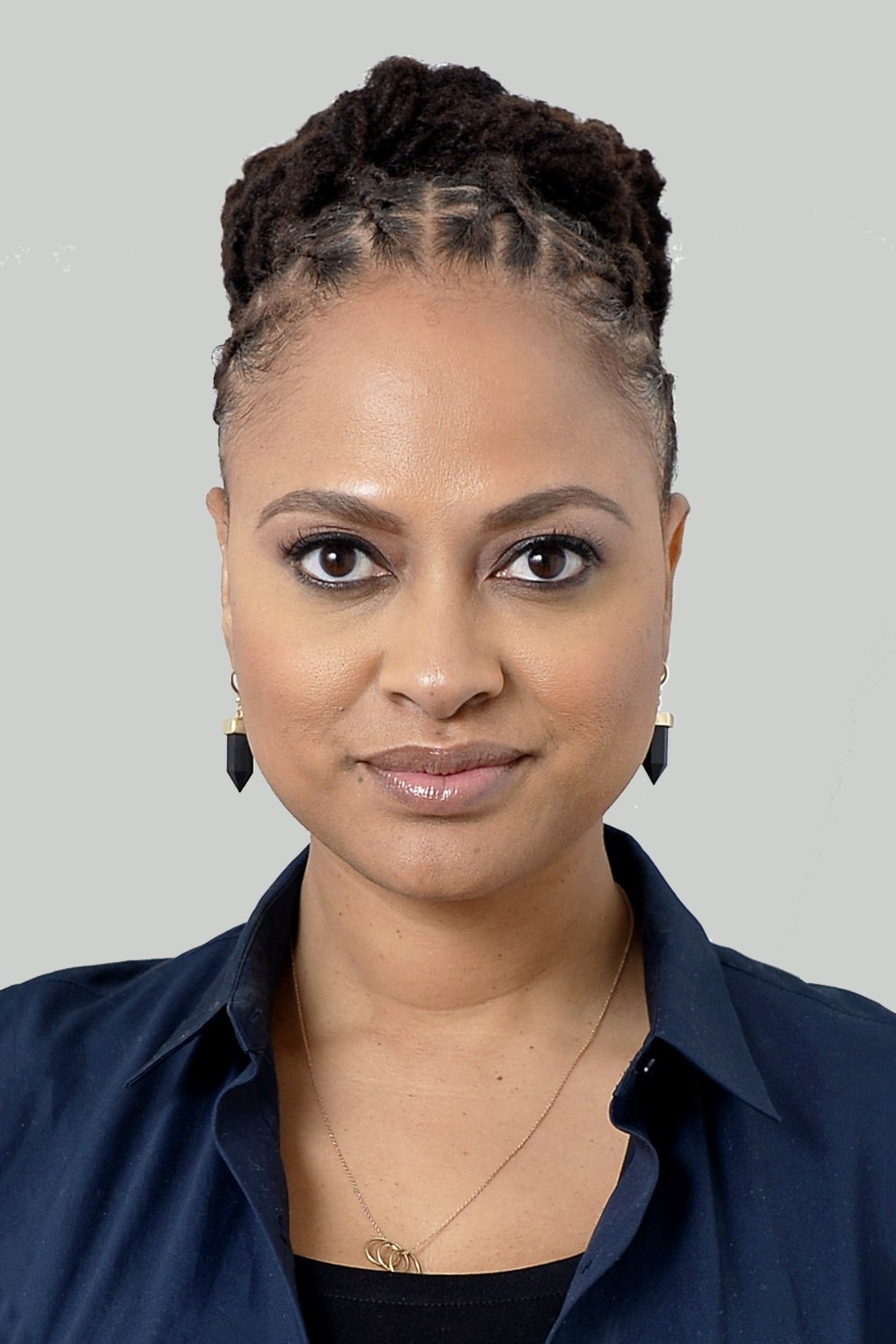
Ava DuVernay is a prominent advocate for moving beyond simply acknowledging diversity to fostering a sense of true belonging. She points out that focusing on diversity can sometimes feel like treating people of color as outsiders. To overcome this, DuVernay built her own distribution network, bypassing traditional industry barriers that often overlooked films created by people of color. She consistently pushes for fundamental changes in how movies are reviewed and shared, aiming to build a self-sufficient environment where Black artists and their work can flourish.
Daniel Kaluuya
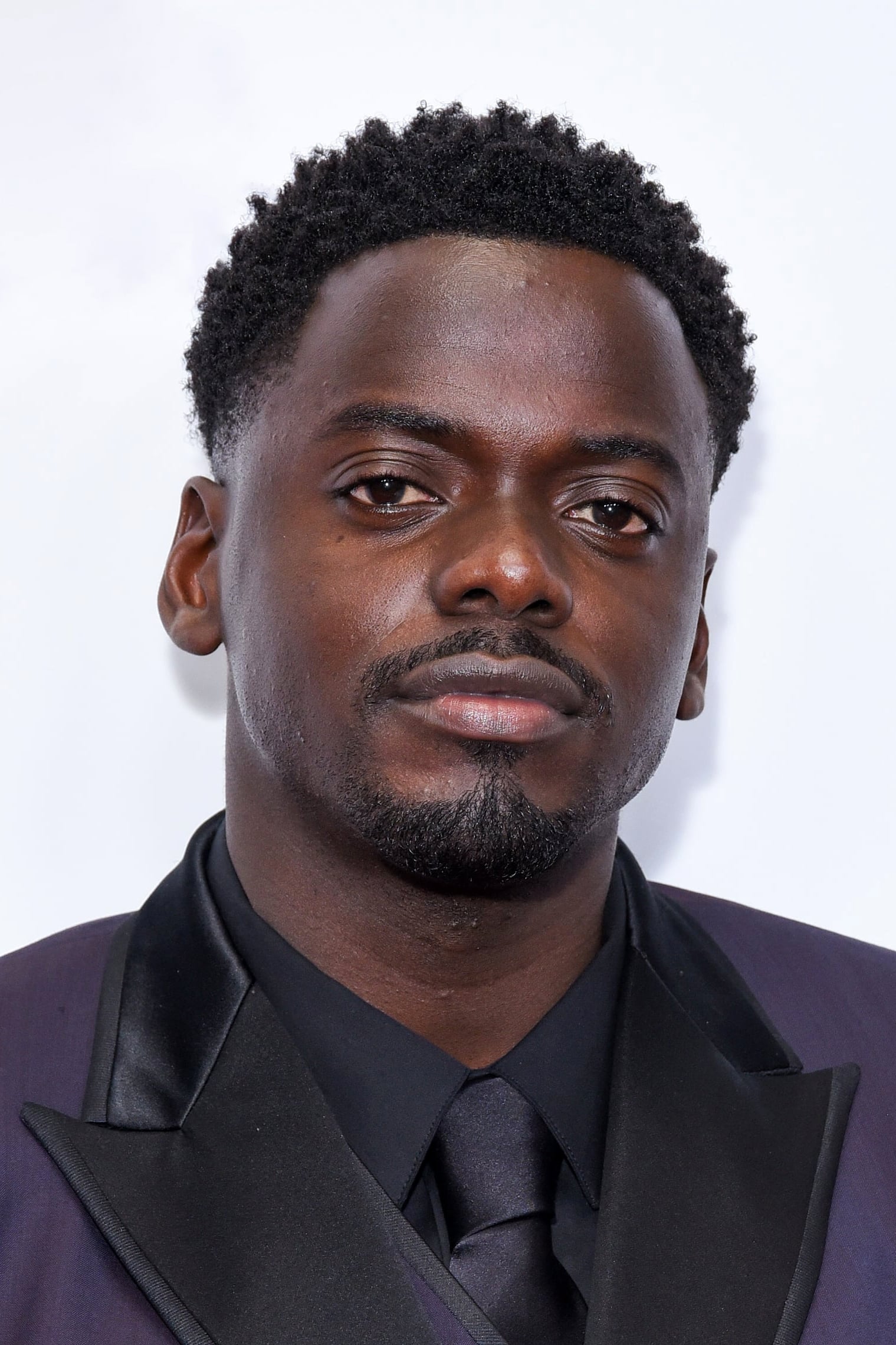
Daniel Kaluuya discussed the difficulties of being a Black British actor in Hollywood. He responded to the idea that he was taking opportunities away from African American actors, explaining that racism affects all Black people. Kaluuya also pointed out that the media often mistakes him for other Black actors or asks insensitive questions, showing a tendency to see all Black experiences as the same. He hopes his work will help connect and celebrate the diversity within the Black community.
Keke Palmer
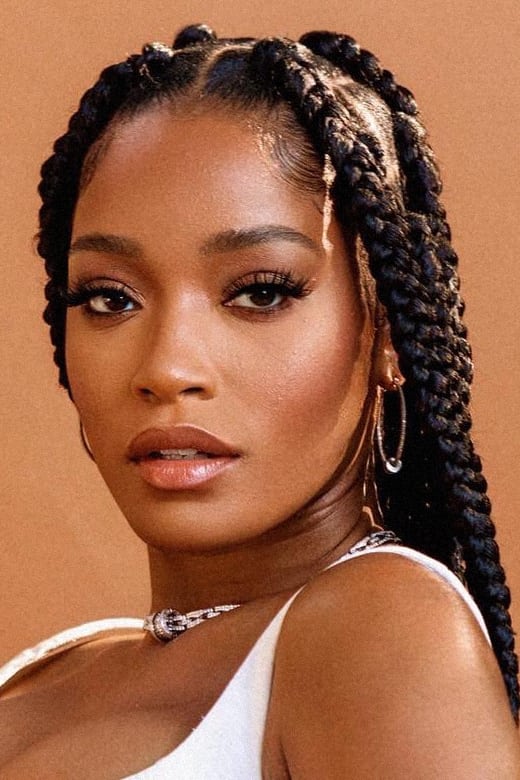
Keke Palmer recently spoke out on social media about colorism and why she’s often compared to Zendaya. She pushed back against the idea that her career hasn’t been as successful, explaining that colorism plays a role in how people view her fame. Palmer highlighted that she’s been a leading actress for a long time, but is often talked about differently than actresses with lighter skin. She believes in measuring her own success, not comparing herself to others. Palmer’s self-assurance is encouraging people to think about their own hidden biases.
Gabourey Sidibe
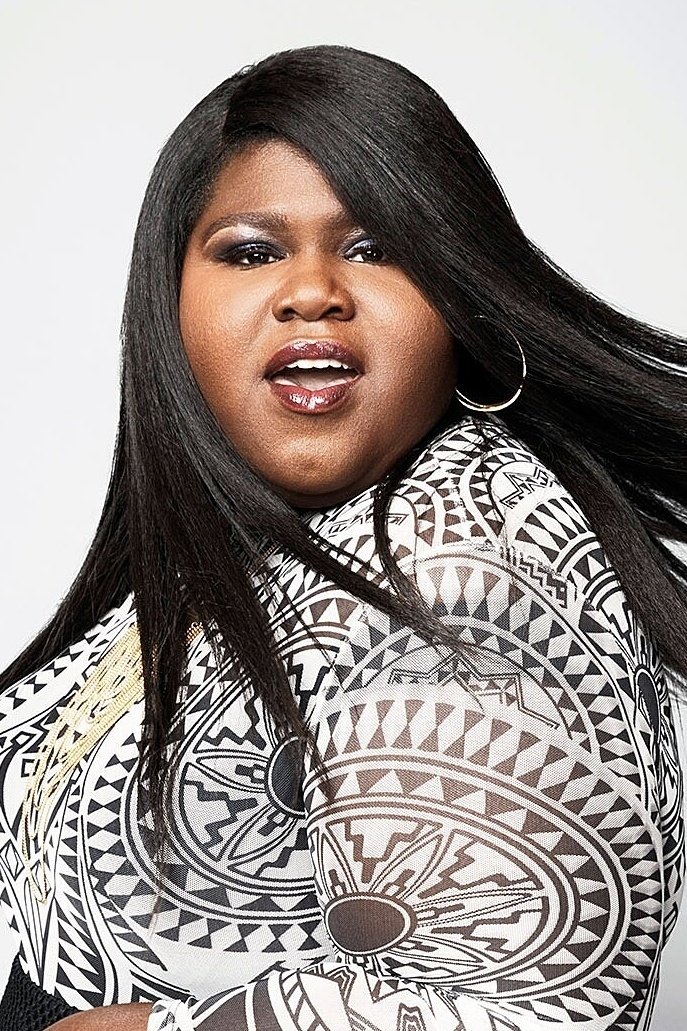
Gabourey Sidibe has spoken about how racism and prejudice against fat people impacted her career after she first appeared in the movie ‘Precious’. She explained that people in the entertainment industry and the media often didn’t take her seriously as an actress, treating her like a joke. Sidibe also pointed out the difficulty of finding clothes and getting styling help when you’re a plus-size woman like her. Despite these challenges and a lack of initial support, she’s built a successful career. Her story shows the unique difficulties faced by Black women who are also plus-size.
Samuel L. Jackson
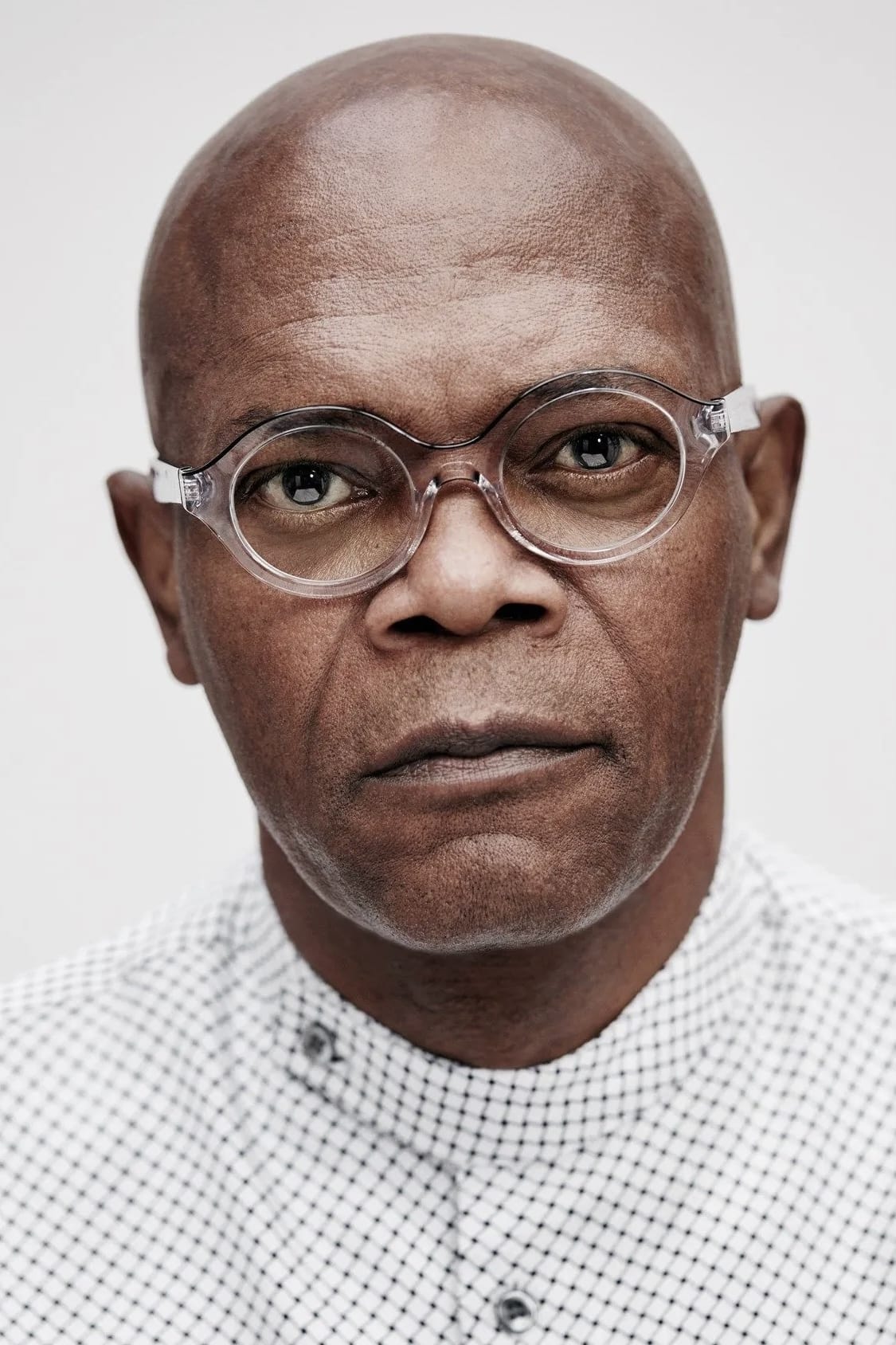
Samuel L. Jackson has voiced concerns about Hollywood casting Black British actors in roles meant to represent African American stories. He wondered if the film ‘Get Out’ would have had a stronger impact with an American actor who could fully connect with the history of racism in the United States. Jackson explained his point wasn’t about the actors’ abilities, but about the film industry potentially prioritizing cost savings or a specific image. This sparked a debate on whether casting directors see all Black actors as interchangeable, and Jackson emphasizes the importance of genuine representation in storytelling.
Please share your thoughts on these powerful stories in the comments.
Read More
- 39th Developer Notes: 2.5th Anniversary Update
- Shocking Split! Electric Coin Company Leaves Zcash Over Governance Row! 😲
- Celebs Slammed For Hyping Diversity While Casting Only Light-Skinned Leads
- Quentin Tarantino Reveals the Monty Python Scene That Made Him Sick
- All the Movies Coming to Paramount+ in January 2026
- Game of Thrones author George R. R. Martin’s starting point for Elden Ring evolved so drastically that Hidetaka Miyazaki reckons he’d be surprised how the open-world RPG turned out
- Gold Rate Forecast
- Here Are the Best TV Shows to Stream this Weekend on Hulu, Including ‘Fire Force’
- Celebs Who Got Canceled for Questioning Pronoun Policies on Set
- Ethereum Flips Netflix: Crypto Drama Beats Binge-Watching! 🎬💰
2025-11-22 18:20